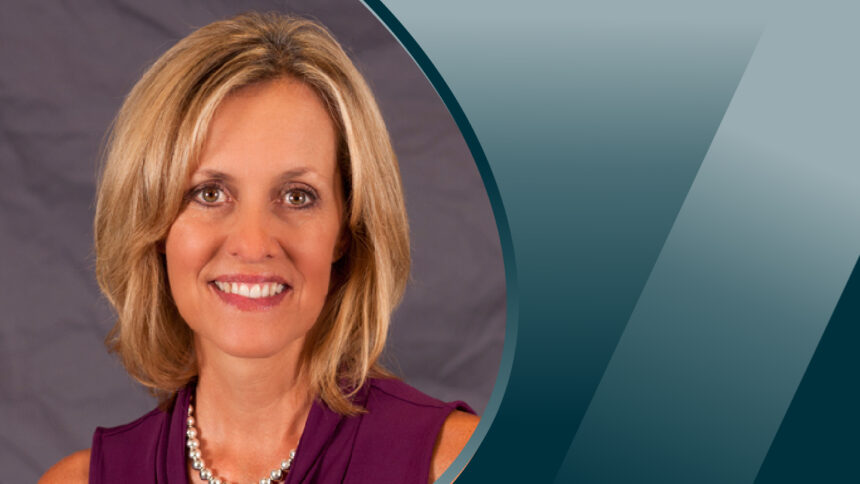
What do meaningful activities, resident engagement and person-directed living have in common?
The answer is, of course, everything. Assuring the delivery of purposeful, meaningful and engaging activities is vital to person-directed living, and activity professionals are essential to this aim.
Among the many people who bring life to long-term care, activity professionals are the ones who foster environments that honor unique daily rhythms and routines of elders, and celebrate their purpose.
The Center for Innovation (CFI) has made it a priority to promote the advancement of person-directed living for elders. As such, we recognize that activity professionals deserve the resources, training and tools to support their important role.
CFI and its two organizations, The Green House Project and Pioneer Network, are known for ensuring the advancement of person-directed, relationship-rich living among all aging services settings. In Green House homes and other settings committed to non-institutional models of care, contextualizing and normalizing activities as part of everyday life is key to operations.
Elders deserve rich and purposeful lives no matter where they reside. However, putting this into action is challenging in a world of competing demands, clinical complexities and stretched workforce. Sadly, much of the natural daily rhythms are disrupted inside of traditional long-term and post-acute care settings, due to risk-averse rules and procedures.
Risk isn’t something eldercare organizations are comfortable with. As a result, residents — particularly individuals with Alzheimer’s disease or other dementias — often are discouraged or even prevented from doing things they enjoy and living their lives the way they want. Positive risk-taking improves autonomy, social interactions, and elements of both physical and mental health.
We believe there is a way to balance dignified risk-taking and safety for older adults — and activity professionals are essential to this.
While challenges are real, opportunities for engagement are ample. For example, CFI prioritizes and advances the normalization of pets as part of the fabric of everyday life in all eldercare settings. Dogs, cats and other animals bring joy to many of us throughout our lives, and they should not be prohibited simply because we have moved into a nursing home or assisted living community.
Intergenerational relationships enrich our lives as well. Enjoying the laughter of children and the cooing of babies shouldn’t suddenly stop because someone has been placed in a new home that, ostensibly, is designed to help them live their lives to the fullest.
An important component to shifting away from risk aversion and into an environment where dignity of risk is recognized is education and training opportunities that are not one-and-done efforts. One underlying theme throughout the Green House model is knowing the elder, and that this is valued above what they have lost or what diagnoses they may have.
By engaging in deep knowing of the residents, the Green House model empowers all staff, activity professionals in particular, to focus on meaningful engagement. Taking proactive roles in addressing loneliness, boredom and helplessness is the norm in such settings.
There is no quick fix to overcome the barriers to ensuring person-directed living for all elders. But if we continue to prioritize education and training, as well as empowerment opportunities, we can make progress. And when we empower and enable activity professionals to lead the way in meaningful and purposeful programming, we can give all our elders the lives they want as well as the care they need.
Toward this end, Linked Senior is excited to have the CFI team present our next Activities Strong Virtual Winter Gathering on Dec. 5, from 12 p.m. to 4:00 p.m. ET as they address the importance of activities and its relationship to person-directed living. More details and registration can be found here.
Susan Ryan is the CEO of the Center for Innovation.
Charles de Vilmorin is the CEO and co-founder of Linked Senior.
The opinions expressed in McKnight’s Long-Term Care News guest submissions are the author’s and are not necessarily those of McKnight’s Long-Term Care News or its editors.
Have a column idea? See our submission guidelines here.






